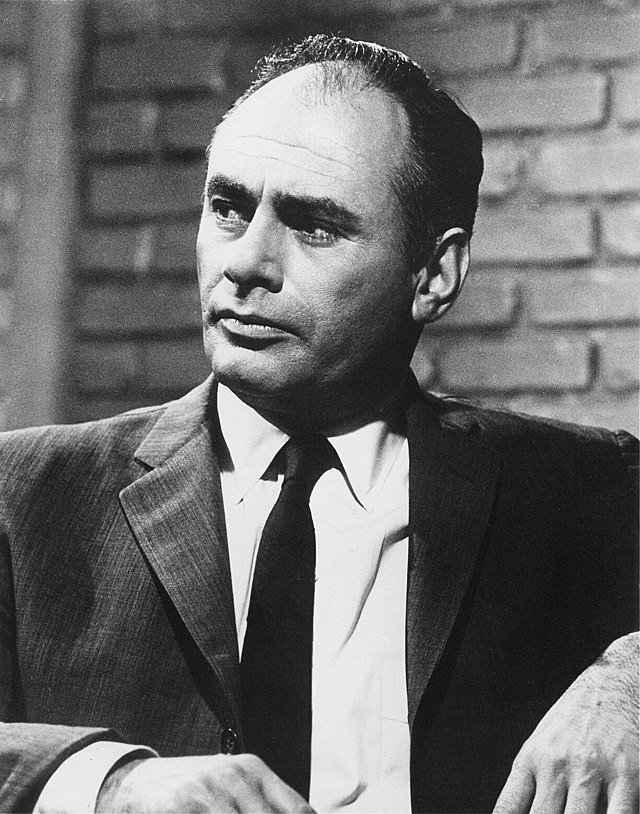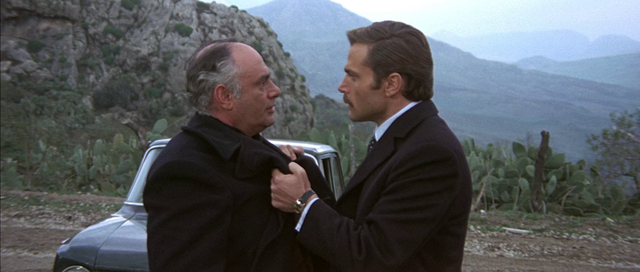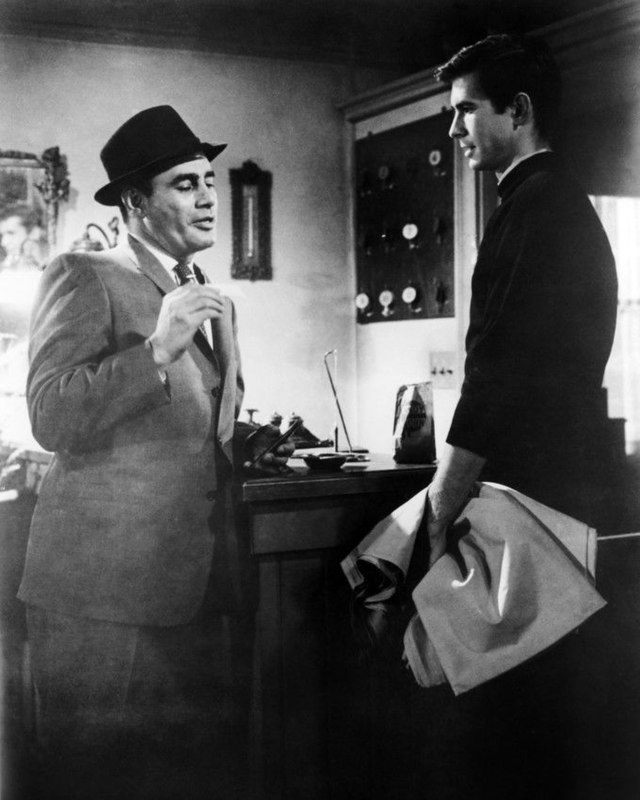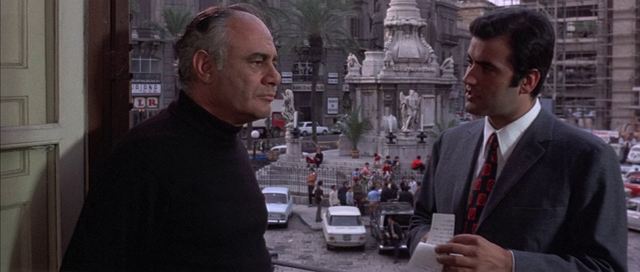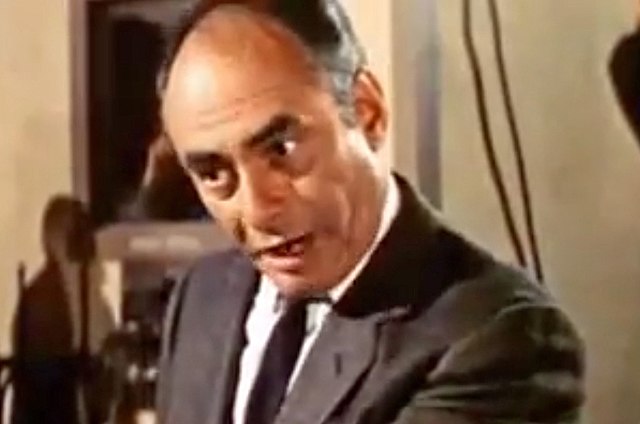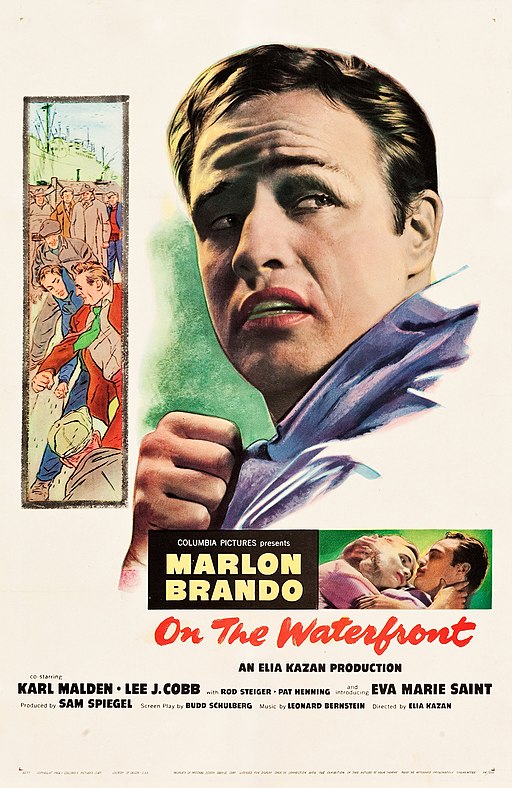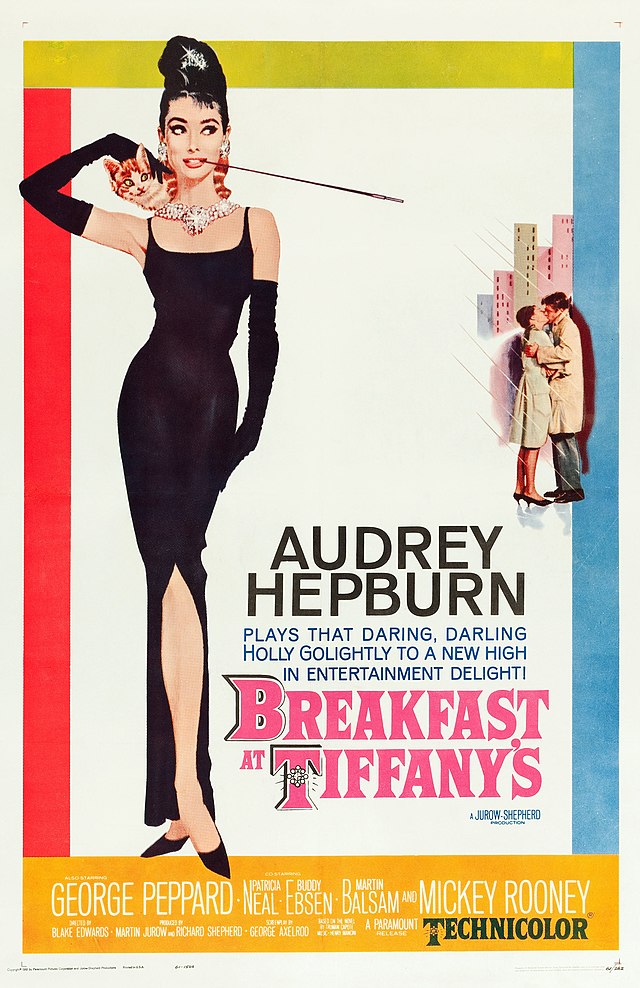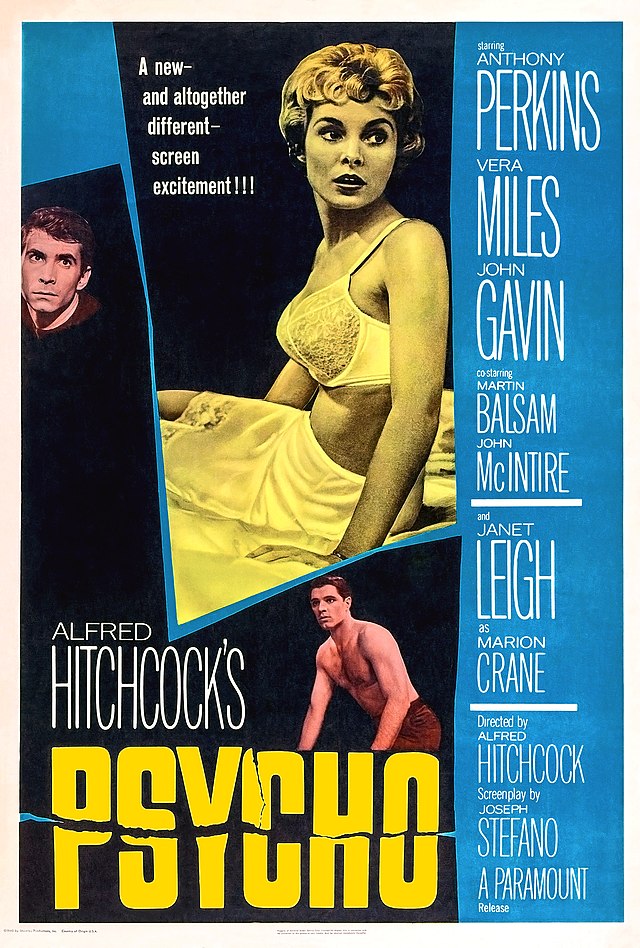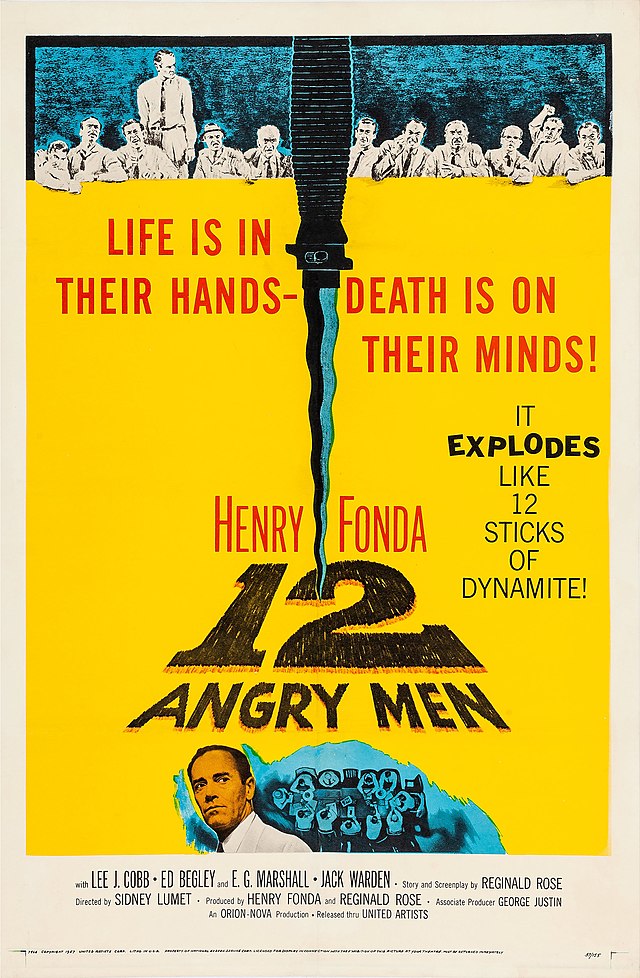Martin Balsam
back| Full Name | Martin Henry Balsam |
| Stage Name | Martin Balsam |
| Born | November 4, 1919 |
| Birthplace | The Bronx, New York City, New York, USA |
| Died | February 13, 1996 |
| Buried | Cedar Park Cemetery, Emerson, New Jersey, USA |
| Married to | Pearl Somner (divorced) - Joyce Van Patten (m. 1957, divorced 1962) - Irene Miller (m. 1963 until his death in 1996) |
| Children | Talia Balsam (with Joyce Van Patten) |
| Notable films | 12 Angry Men (1957) - Psycho (1960) - Breakfast at Tiffany's (1961) - A Thousand Clowns (1965) - The Taking of Pelham 123 (1974) - All the Presidents's Men (1976) |
Martin Balsam
The Actor's Actor
Martin Balsam (1919-1996) was a distinguished American character actor known for his grounded, nuanced performances. Born in the Bronx, New York, he studied at the Actors Studio and began his career in theater before transitioning to film and television.
Balsam's versatile talent allowed him to excel in a wide range of roles, often portraying everyman characters with authenticity. He won an Academy Award for Best Supporting Actor for "A Thousand Clowns" (1965) and was memorable in films like "12 Angry Men" (1957), "Psycho" (1960), and "All the President's Men" (1976).
Martin Balsam was often affectionately referred to as "The Actor's Actor." This nickname reflects his immense respect within the acting community and his reputation as a consummate professional who consistently delivered authentic, nuanced performances.
Related
Martin Balsam (1919 – 1996)
Biography and Movie Career
Martin Henry Balsam was born on November 4, 1919, in the Bronx, New York City, to Russian-Jewish immigrant parents. His father, Albert Balsam, was a manufacturer of women's sportswear, and his mother, Lillian, was a homemaker. Martin grew up in a modest household and developed an interest in acting from an early age.
After graduating from DeWitt Clinton High School, Balsam attended the New School for Social Research, where he studied drama. His acting career was interrupted by World War II, during which he served in the United States Army Air Forces. Following the war, he resumed his acting studies and began performing in small theater productions.
Balsam's break came in the 1940s when he joined the legendary Actors Studio, where he studied under Lee Strasberg. He made his Broadway debut in 1948 in "The Firstborn" and continued to work steadily in theater, earning a reputation as a solid character actor. His transition to film came in the early 1950s, and he quickly established himself as a reliable supporting actor.
Throughout his career, Balsam was known for his ability to bring depth and nuance to a wide variety of roles. He was a familiar face in both film and television, often portraying figures of authority or ordinary men caught in extraordinary circumstances. His most famous roles include the jury foreman in Sidney Lumet's "12 Angry Men" (1957), the doomed Detective Arbogast in Alfred Hitchcock's "Psycho" (1960), and the managing editor of The Washington Post in "All the President's Men" (1976).
Balsam's performance in "A Thousand Clowns" (1965) earned him an Academy Award for Best Supporting Actor, solidifying his place in Hollywood. He continued to work in film, television, and theater throughout the 1970s and 1980s, appearing in everything from big-budget features to small independent films.
In addition to his Oscar win, Balsam received numerous accolades during his career, including a Tony Award nomination for his work on Broadway. He was a versatile actor who could move seamlessly between drama and comedy, and he was beloved by colleagues for his professionalism and generosity.
Martin Balsam was married three times. His second marriage to actress Joyce Van Patten produced his only child, Talia Balsam, who followed in her parents' footsteps and became an actress herself.
Balsam passed away on February 13, 1996, at the age of 76, while vacationing in Rome, Italy. He was buried at Cedar Park Cemetery in Emerson, New Jersey. His legacy as one of the finest character actors of his generation remains intact, with a body of work that continues to be celebrated by film enthusiasts and industry professionals alike.
Video Biography of Martin Balsam:
Martin Balsam’s Distinctive Acting Style:
Martin Balsam's acting style is best described as grounded, nuanced, and deeply human. He possessed a remarkable ability to disappear into his roles, embodying characters in a way that felt entirely natural and authentic. Unlike many of his contemporaries who sought to dominate the screen with flamboyance or intensity, Balsam's approach was understated yet powerful, making his performances feel real and relatable.
Grounded Realism
Balsam's acting was marked by a grounded realism. He had a knack for portraying everyday people—working-class men, professionals, and authority figures—without resorting to caricature or exaggeration. His characters often came across as people you might know in real life, with all their complexities and contradictions. This ability to connect with the audience on a personal level made him a favorite for roles that required a touch of authenticity and credibility.
Subtlety and Nuance
One of Balsam's greatest strengths was his use of subtlety and nuance. He could convey a wide range of emotions with the slightest change in expression or tone, allowing the audience to see the inner workings of his characters' minds. This subtlety made his performances rich and layered, as he often revealed the depth of his characters through small, almost imperceptible details. Whether playing a compassionate mentor, a conflicted authority figure, or a weary everyman, Balsam brought a quiet intensity to his roles that drew viewers in.
Character Actor’s Versatility
Balsam was a quintessential character actor, capable of blending into a variety of roles across different genres. His versatility allowed him to play everything from sympathetic supporting characters to morally ambiguous figures with equal skill. Despite often being cast in secondary roles, Balsam never allowed himself to be overshadowed by the leading actors. Instead, he enriched the films he was in by adding depth and texture to the ensemble, often becoming a memorable part of the story even in a limited amount of screen time.
Everyman Appeal
Balsam had a distinctive everyman appeal that made him accessible to audiences. He wasn’t a traditional Hollywood star with striking looks or a commanding presence; rather, his charm lay in his ordinariness. This allowed him to play relatable characters who could resonate with a wide audience. His performances often conveyed a sense of quiet dignity, whether he was playing a family man, a dedicated professional, or a person caught in extraordinary circumstances.
Commitment to Authenticity
Balsam's commitment to authenticity extended to his preparation and understanding of his characters. He approached each role with a deep respect for the character's reality, ensuring that his portrayals were believable and honest. This dedication to his craft earned him a reputation as an actor who could bring credibility and weight to any role, no matter how small.
Emotional Depth
Balsam had an extraordinary ability to tap into the emotional depth of his characters. He could evoke empathy from the audience through his performances, often portraying men who were flawed yet fundamentally decent. This emotional resonance made his characters feel three-dimensional and real, adding to the overall impact of the films in which he appeared.
Collaboration and Professionalism
Known for his professionalism and collaborative spirit, Balsam was a beloved figure on set. Directors and co-stars often praised his ability to work within an ensemble, enhancing the performances of those around him. He was an actor who understood the importance of every role within a production, no matter the size, and he brought the same level of dedication to each part.
In summary, Martin Balsam's acting style was characterized by its subtlety, versatility, and emotional depth. He had a unique talent for making the ordinary extraordinary, bringing a quiet power and authenticity to his roles that left a lasting impression on audiences. His legacy as a character actor remains strong, as his performances continue to be appreciated for their humanity and craftsmanship.
Personal Quotes:
· On his acting career:
"An actor’s life is not a bed of roses. It’s more like a bed of nails, with occasional roses thrown in."
· On being a character actor:
"I think I’m one of the luckiest guys in the world. I’ve been able to do the thing I love and make a living at it. Character actors are hard to find, and I’m glad to be one of them."
· On his approach to acting:
"Acting is about listening. If you listen well, your reactions will be honest and real. That’s what acting is all about."
· Reflecting on his role in 'Psycho':
"I’m still known for 'Psycho.' It’s strange to be remembered for a scene where you get stabbed in the chest and fall down the stairs."
· On fame and recognition:
"I never cared much about being a star. I’m more interested in the work. Fame is fleeting, but good work lasts forever."
· On versatility as an actor:
"I’ve always prided myself on being able to play anything. If I can’t be versatile, what’s the point of being an actor?"
· On the joy of acting:
"Acting is what I love. It’s what I know. It’s what I do. And I’m grateful that I’ve had the chance to do it for so many years."
· On the importance of supporting roles:
"There’s no such thing as a small part, only small actors. Supporting roles are often the most interesting—they have the richness of life in them."
What Others said about Martin Balsam:
Peers and Co-stars:
- Gregory Peck (Actor):
"Martin had this incredible ability to make every character he played feel like someone you knew, someone real. He was never showy, but he was always effective. That’s a rare gift." - George C. Scott (Actor):
"Marty was an actor’s actor. He was the kind of guy who would show up on set, do the work, and do it brilliantly. No fuss, no ego, just pure talent." - Robert Redford (Actor/Director):
"Martin Balsam brought such humanity to his roles. He had this natural, unforced way of getting under the skin of a character. He made acting look easy, which is the hardest thing to do." - Joyce Van Patten (Actress, ex-wife):
"Marty was the consummate professional. He took his work seriously, but he didn’t take himself too seriously. He had a wonderful sense of humor and a deep love for the craft."
Directors:
- Sidney Lumet (Director, "12 Angry Men," "The Anderson Tapes"):
"Marty was always my first choice when I needed an actor who could ground a scene in reality. He had a way of making every moment on screen believable, no matter how small the role." - Alfred Hitchcock (Director, "Psycho"):
"Balsam had an understated power as an actor. He brought a quiet intensity to his role in 'Psycho,' and he was a joy to work with. He understood the rhythm of suspense." - Franklin J. Schaffner (Director, "Patton," "The Stripper"):
"Martin was one of those rare actors who could do anything. Drama, comedy, suspense—he was always convincing. He brought a level of truth to his performances that was invaluable to the stories we were telling."
Critics and Industry Observers:
- Roger Ebert (Film Critic):
"Martin Balsam was one of the finest character actors of his generation. His performances were marked by a deep understanding of human nature, and he had the ability to elevate any film he was in." - Vincent Canby (Film Critic, The New York Times):
"Balsam’s strength as an actor lay in his subtlety. He never overplayed a role, yet his presence was always felt. He had a way of making the ordinary extraordinary." - Pauline Kael (Film Critic):
"What made Martin Balsam so remarkable was his ability to bring authenticity to the screen. He wasn’t a star in the traditional sense, but he was the actor you couldn’t forget. He made every role memorable." - David Shipman (Film Historian):
"Martin Balsam was the epitome of the great American character actor. He didn’t need the spotlight to shine; his talent did that for him. He was a craftsman in the best sense of the word."
Legacy Reflections:
- Talia Balsam (Actress, daughter):
"My father was a humble man, but he was also very proud of his work. He didn’t need the accolades, but he appreciated them. He loved acting, and that love came through in everything he did." - Steven Spielberg (Director, in a tribute):
"Balsam’s work was an inspiration to so many of us in the industry. He showed that you don’t have to be a leading man to leave a lasting impact on cinema."
Awards and Recognition:
Academy Awards (Oscars)
- 1966: Best Supporting Actor for "A Thousand Clowns"
Balsam won the Academy Award for his portrayal of Arnold Burns, the brother of the protagonist, in this comedy-drama about a non-conformist man raising his nephew.
Tony Awards
- 1968: Nominated for Best Actor in a Play for "You Know I Can't Hear You When the Water's Running"
Balsam was nominated for his performance in this successful Broadway play, which consisted of four short comedies that explored relationships and human behavior.
Primetime Emmy Awards
- 1977: Outstanding Lead Actor in a Limited Series for "The Andersonville Trial"
Balsam won this Emmy for his role as Colonel Chipman in the television adaptation of the courtroom drama about the trial of Confederate officers responsible for war crimes during the American Civil War.
BAFTA Awards
- 1967: Nominated for Best Foreign Actor for "A Thousand Clowns"
The British Academy of Film and Television Arts (BAFTA) recognized Balsam’s work in "A Thousand Clowns," nominating him for his outstanding performance in a leading role.
Golden Globe Awards
- 1966: Nominated for Best Supporting Actor for "A Thousand Clowns"
Although he did not win, Balsam was nominated for a Golden Globe for his performance as Arnold Burns, the character that also earned him an Oscar.
National Board of Review
- 1965: Best Supporting Actor for "A Thousand Clowns"
The National Board of Review recognized Balsam’s performance in "A Thousand Clowns," awarding him the Best Supporting Actor honor.
New York Film Critics Circle Awards
- 1965: Best Supporting Actor for "A Thousand Clowns"
The New York Film Critics Circle, one of the most prestigious groups of film critics in the United States, awarded Balsam for his role in "A Thousand Clowns."
Laurel Awards
- 1966: Nominated for Top Male Supporting Performance for "A Thousand Clowns"
Balsam received a Laurel Award nomination, an honor given by exhibitors who voted for their favorite stars and films.
David di Donatello Awards
- 1967: Best Foreign Actor for "A Thousand Clowns"
The Italian film awards recognized Balsam’s performance with the Best Foreign Actor honor.
Other Recognitions:
- Star on the Hollywood Walk of Fame:
In 1991, Martin Balsam was honored with a star on the Hollywood Walk of Fame, recognizing his significant contributions to the film industry. His star is located at 6542 Hollywood Boulevard. - Lifetime Achievement Awards:
- Balsam was honored with various lifetime achievement awards over the years from different film festivals and institutions recognizing his extensive body of work and impact on the film industry.
Legacy and Influence:
- Posthumous Recognition:
Even after his passing, Balsam’s work continues to be celebrated. His films, particularly those from the 1960s and 1970s, remain classics in American cinema, and his performances are often studied by actors and film enthusiasts alike.
Movies Starring Martin Balsam:
1950s
- "On the Waterfront" (1954) - Balsam played a small role as Gillette, a worker on the docks. The film, starring Marlon Brando, is about corruption among union bosses on the New York waterfront and the struggle of one man to stand up against it.
- "12 Angry Men" (1957) - He portrayed Juror #1, the foreman who attempts to maintain order among the jurors. The film is a courtroom drama centered around a jury deliberating the guilt or innocence of a teenager accused of murder.
- "Time Limit" (1957) - Balsam played Sgt. Baker in this film about a court-martial involving an American officer accused of collaborating with the enemy during the Korean War.
- "The Young Stranger" (1957) - Balsam appeared as Mr. Livingston. The film is a drama about a troubled teenager who clashes with his father, leading to a deeper exploration of their strained relationship.
- "That Kind of Woman" (1959) - He played Harry Corwin, a supporting character in this romantic drama set in 1944, about a soldier who falls in love with a woman associated with a wealthy man.
- "Al Capone" (1959) - Balsam portrayed Mac Keely, one of Capone’s associates in this crime film about the rise and fall of the notorious gangster Al Capone.
- "Middle of the Night" (1959) - He played Jack, a concerned employee. This film is a drama about an older widowed man who falls in love with a younger woman, challenging societal norms.
1960s
- "Psycho" (1960) - Balsam played Detective Milton Arbogast, a private investigator hired to find a missing woman, who meets a tragic end at the hands of Norman Bates in this Alfred Hitchcock thriller.
- "The Apartment" (1960) - He had a small role as Mr. Kirkeby, one of the men using the protagonist’s apartment for extramarital affairs. This film is a romantic comedy-drama about a man who lends his apartment to executives for their trysts.
- "The Anderson Tapes" (1961) - Balsam played Doc, a supporting role in this crime thriller about an ex-con planning a major heist, all while being unknowingly surveilled by law enforcement.
- "Breakfast at Tiffany's" (1961) - He appeared as O.J. Berman, Holly Golightly’s Hollywood agent, in this classic romantic comedy about a New York socialite.
- "Cape Fear" (1962) - Balsam played Police Chief Mark Dutton, who tries to protect a family from a vengeful criminal recently released from prison.
- "The Carpetbaggers" (1964) - He portrayed Bernard B. Norman, a studio head. This film is a melodrama about a ruthless young industrialist and his rise to power.
- "A Thousand Clowns" (1965) - Balsam won an Academy Award for Best Supporting Actor for his role as Arnold Burns, a concerned brother trying to convince his sibling to conform to societal norms.
- "Seven Days in May" (1964) - Balsam played Paul Girard, an aide to the president, in this political thriller about a military coup against the U.S. government.
- "The Bedford Incident" (1965) - Balsam appeared as Commander Allison in this Cold War thriller about the tense standoff between an American destroyer and a Soviet submarine.
- "Harlow" (1965) - He played Everett Redman, a Hollywood publicist, in this biographical film about the life of 1930s movie star Jean Harlow.
1970s
- "Tora! Tora! Tora!" (1970) - He portrayed Admiral Husband E. Kimmel in this war film depicting the events leading up to the Japanese attack on Pearl Harbor.
- "Catch-22" (1970) - Balsam played Colonel Cathcart, a promotion-hungry military officer in this satirical black comedy about the absurdity of war.
- "Little Big Man" (1970) - He appeared as Mr. Merriweather in this film that follows a white man raised by Native Americans through the various events of his long life.
- "Murder on the Orient Express" (1974) - Balsam portrayed Bianchi, a director of the train company, in this Agatha Christie adaptation where detective Hercule Poirot solves a murder aboard a luxurious train.
- "The Taking of Pelham One Two Three" (1974) - He played Mr. Green, one of the hijackers who take control of a New York City subway train in this tense thriller.
- "All the President's Men" (1976) - Balsam played Howard Simons, managing editor of The Washington Post, in this film about the journalists who uncovered the Watergate scandal.
- "The Sentinel" (1977) - He appeared as Michael Dayton in this horror film about a woman who moves into a haunted apartment building with a dark secret.
- "The Anderson Tapes" (1971) - Balsam played Doc, a supporting role in this crime thriller about an ex-con planning a major heist, all while being unknowingly surveilled by law enforcement.
- "Summer Wishes, Winter Dreams" (1973) - He portrayed Fred in this drama about a middle-aged woman confronting the meaning of her life after the death of her mother.
1980s
- "Death Wish 3" (1985) - Balsam played Bennett, an old friend of the main character, Paul Kersey, in this vigilante action film where Kersey returns to New York to take on a violent gang.
- "St. Elmo's Fire" (1985) - He had a small role as Mr. Beamish in this coming-of-age drama about a group of friends navigating post-college life.
- "The Delta Force" (1986) - Balsam played Ben Kaplan in this action film about an elite military team attempting to rescue hostages from a hijacked airplane.
- "The Goodbye People" (1984) - He starred as Max Silverman in this comedy-drama about a retired man who decides to reopen a family-owned hot dog stand on Coney Island.
- "The Children" (1980) - Balsam appeared as Sheriff Billy Hart in this low-budget horror film about children turned into zombies by toxic waste.
- "The Last Horror Film" (1982) - He played Marty Bernstein in this horror-comedy about a deranged fan who stalks a famous actress.
- "Two-Minute Warning" (1976) - Balsam portrayed Sam McKeever, a man trapped in a stadium during a sniper attack in this disaster film.
1990s
- "Cape Fear" (1991) - Balsam had a cameo role as Judge in this remake of the 1962 film, which he originally starred in.
- "The Silence of the Hams" (1994) - He played Dr. Animal Cannibal Pizza, a spoof of the Hannibal Lecter character in this parody of "The Silence of the Lambs."
- "Miami Shakedown" (1993) - He appeared as Max in this crime drama about a private investigator trying to bring down a drug lord.
- "Il Sindaco" (1996) - His final film role was as Joe, an American expatriate in a small Italian town who gets involved in local politics.

